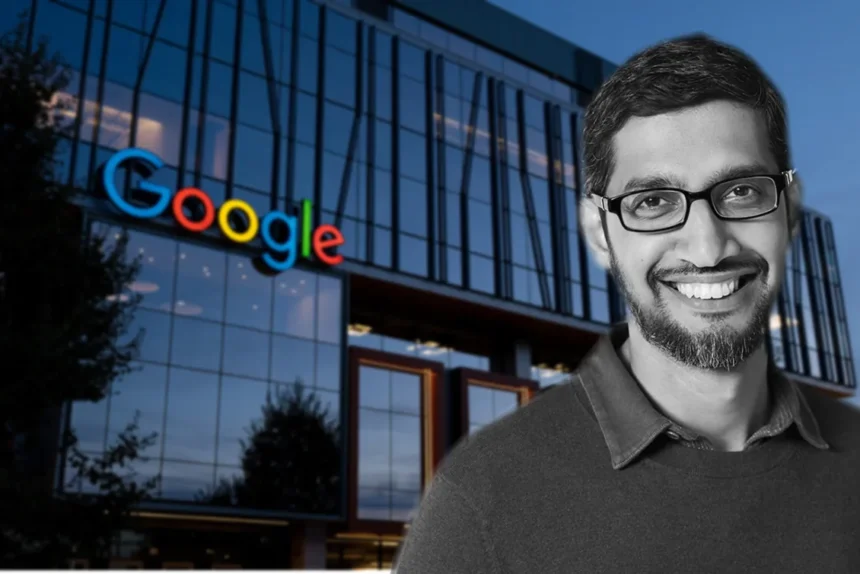AI can ‘disproportionately’ help defend against cybersecurity threats, Google CEO Sundar Pichai says

23.02.2024
Google CEO Sundar Pichai suggests that rapid advancements in artificial intelligence (AI) could play a crucial role in bolstering defenses against cybersecurity threats. Despite increasing concerns about the potential misuse of AI, Pichai believes that these intelligent tools could aid governments and companies in swiftly detecting and responding to threats from malicious actors.
Addressing delegates at the Munich Security Conference last week, Pichai acknowledged the valid worries about the impact of AI on cybersecurity. However, he argued that, counterintuitively, AI strengthens defenses against cyber threats. As the frequency and sophistication of cybersecurity attacks continue to rise, with malicious actors using them for power exertion and extortion, the global economy suffered an estimated $8 trillion in losses due to cyberattacks in 2023. This figure is projected to increase to $10.5 trillion by 2025, according to cybersecurity research firm Cybersecurity Ventures.
In contrast to a January report from Britain’s National Cyber Security Centre, which warned that AI could amplify cybersecurity threats, Pichai emphasized that AI reduces the time required for defenders to detect and respond to attacks. He highlighted the impact of AI on mitigating the defender’s dilemma, where cyber attackers only need to succeed once, while defenders must succeed every time to protect a system.
Pichai stated, “AI disproportionately helps the people defending because you’re getting a tool which can impact it at scale versus the people who are trying to exploit. So, in some ways, we are winning the race.”
Google recently unveiled a new initiative aimed at enhancing online security through AI tools and infrastructure investments. One such tool, Magika, is a free, open-source solution designed to assist users in detecting malware. Additionally, a white paper has been released proposing measures, research, and establishing guardrails around AI. Pichai confirmed that these tools are already in use in various Google products, including Google Chrome and Gmail, as well as within the company’s internal systems.